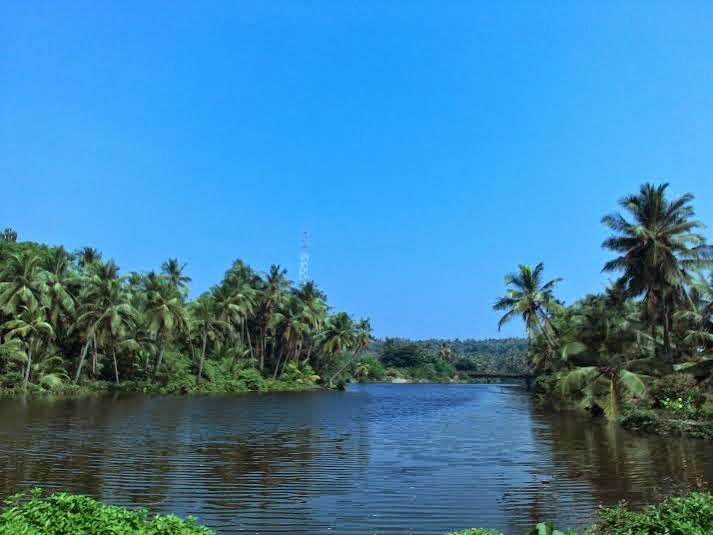Enabling geospatial policy for a sustainable ecosystem needs the government and industry to working together in a rapidly changing and evolving technology landscape. The digital world is trying to capture everything that happens somewhere, using the data collection systems, processing, representing and disseminating the information. These are desirable systems now fed with data which have now used sporadically with little less trust worthiness. The speed of data collection, dynamic platforms and varied user interfaces leaves little chance to verify its accuracy. The multitude of the data sources may be government or private or individuals is lagging behind in ensuring its authenticity and more used for its trust.
The spatial content through cloud and open sources in data have led to large volumes of unprocessed or under processed information. The concept of truthing or validation needs more data repository for the fourth industrial revolution (4IR) to be able to utilize the artificial intelligence or machine learning. The logical reasoning when fed with incorrect data can lead to disastrous or faulty decision making in the automated world. The human nature to make irrational decisions and system over ride limitations of systems would lead to chaotic outcomes.
Whether commonly enabled, free or open technology would exist due to its cost effectiveness, or lead to opening scope for startups? The future societies might need to relieve intellectual properties (IP) for the development of technologies needed for societies growth. The establishment of society-industry linkages in spatial applications is needed with user interfaces (UI) open to public access. The innovators or thinkers for future tech world would carry responsibility of leveraging on open source, open data and open access to connect all. The organizations would attempt to integrate the sustainable development goals (SDG) more with data capturing and analytical systems.
The digital ecosystem for performing the geospatial functions in analysis particularly in content and services would lead to diverse ecosystem. The tech giants dealing with innovation functions would need support of policy, market and technology support to fulfill the 4IR goals of nations. Whether the current education system supports the shifting technology through multi-disciplinary approach? Capacity building for the young tech , science and geospatial graduates is needed to understand the integration of data science with process engineering. The problem solving approach of the social sciences needed to update the community about the issues of people, resources and economy which needs technological interventions.
The physical asset tabulations, changing natural order and long lasting impacts on the climate and environments needs significant transformation studied across the continents. The pressure of population (both increasing or diminishing), resource exploitation and automation may enhance the vulnerability of nature and human. Startup innovation support systems or cooperation framework would be needed not only at the transnational level but also at the regional and local levels. The data should now also include not only the data but specifically spatial data for its accuracy and temporal demands. The static and dynamic data content might to lead to stagnation or intelligent systems. The stakeholders, i.e., government, industry and academia needs more collaborations than ever to overcome the speed of project implementation.

